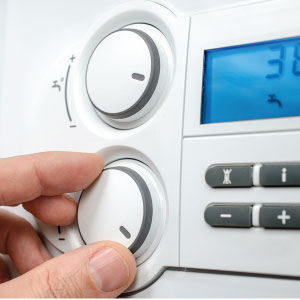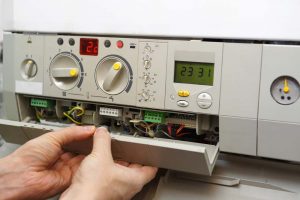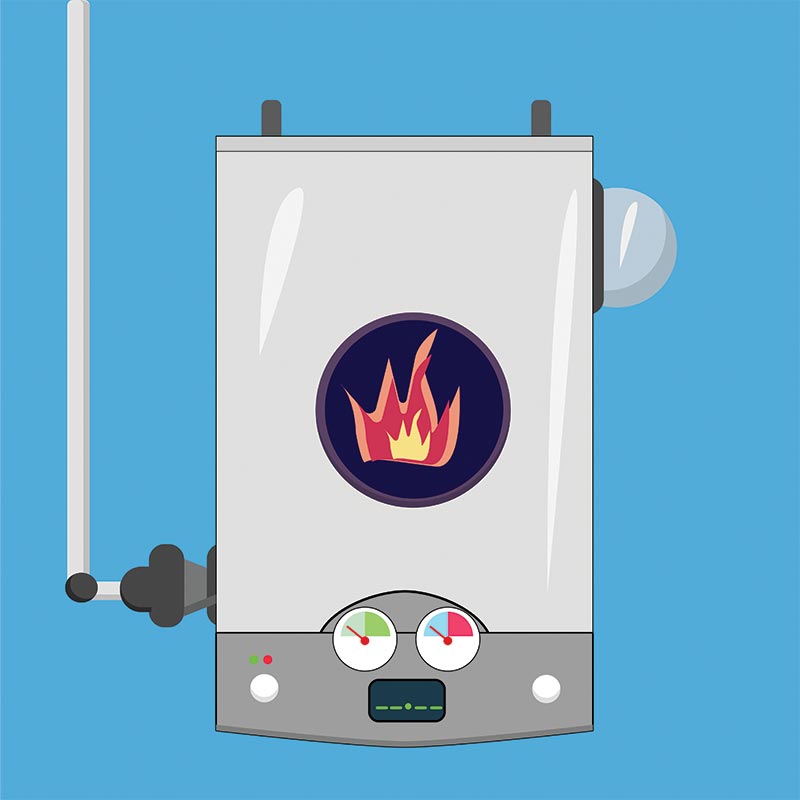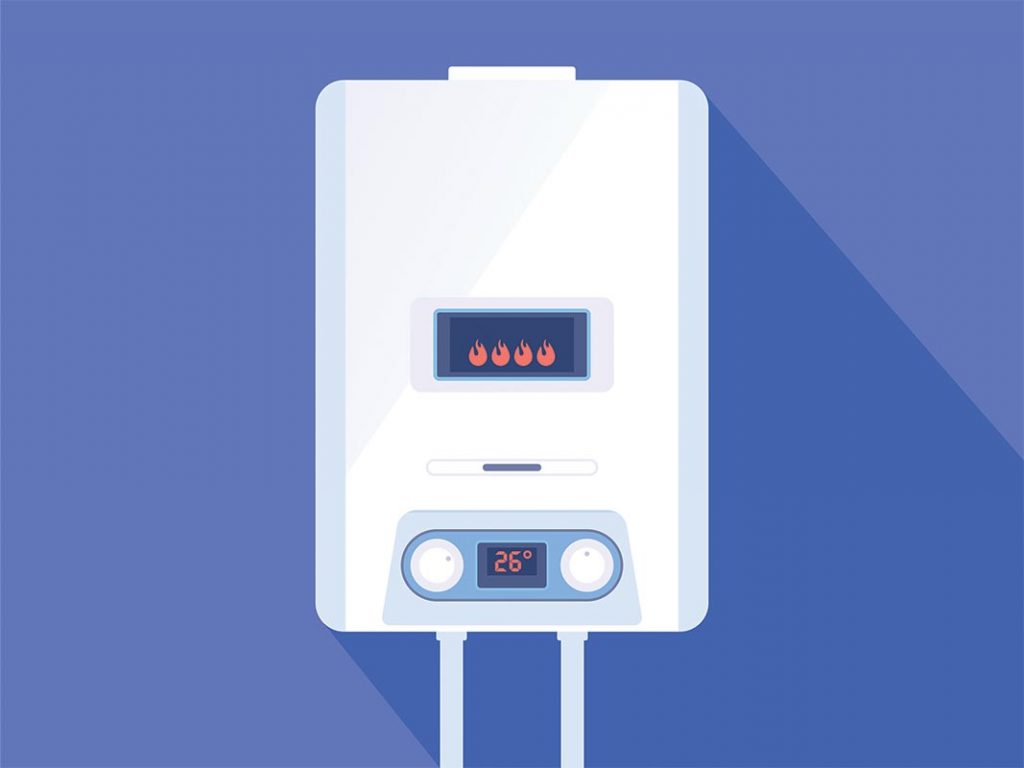Your boiler is a crucial piece of kit within your home – and can be responsible for a large chunk of your bills each month.
In fact, a boiler can account for around 55-60% of your energy bills – and that’s working on the basis it’s an efficient working machine. An inefficient one could be wasting up to 30% of your fuel – that’s like pouring money down the drain without even using it.
 It’s important you’re making smart choices when it comes to heating your home. There’s no need to spend a fortune in order to have a cosy and warm home. In fact, you really could save yourself hundreds of pounds each year just through maintaining it. It’s about ensuring it is efficient, effective and affordable.
It’s important you’re making smart choices when it comes to heating your home. There’s no need to spend a fortune in order to have a cosy and warm home. In fact, you really could save yourself hundreds of pounds each year just through maintaining it. It’s about ensuring it is efficient, effective and affordable.
Generally, the older your machine is, the less efficient it’s going to be. The most efficient type on the market is a modern condensing boiler. It also matters what efficiency rating it has. This will be different depending on the type in your home. You will be able to check the label on your boiler to find this out. Alternatively, ask your engineer during his next visit.
How can you identify a boiler isn’t working properly?
Your house may feel warm – or perhaps it doesn’t and you’re concerned your boiler isn’t efficient. But how do you actually know if your boiler isn’t working properly?
Kettling
First off, can you hear any strange noises – for example, clunking sounds coming from your boiler? If so, it may be that water is boiling in the pipes or it might be that something called ‘kettling’ is happening.
This is when there is a build up of limescale or sludge in your central heating system and the deposits build up in your machine, blocking the flow of water within the heat exchanger. This can cause the water to then overheat and forces the appliance to work harder, costing you more money. You can resolve this by using a descaler and then flushing your system and bleeding your radiators. However, it’s always safest to call on an engineer to ensure your system is working properly.
No hot water?
Next, are you actually getting hot water and heat to your radiators and taps? If you’re finding you’re not, there may be a problem. This needs resolving quickly before it becomes an issue for you! This won’t be as easy to tell in summer when you’re not using your boiler so much. Therefore, it’s important to keep testing your appliance throughout the year.
If you find that certain parts of your house are colder than other areas, it may be that your boiler isn’t functioning properly. It could also be a sign of a blocked central heating system. This will require a complete power flush to help elongate the lifespan of your machine.
Loss of Pressure
Should you find that the heat has completely gone from your home and your water, it may be that the pressure has dropped from your boiler. In this case, it will be best to get an engineer out to safely diagnose and treat the problem. This is also the case for if your pilot light goes out.
Other signs
 Other signs that your boiler isn’t working efficiently include your radiators not getting hot and your boiler suddenly using a lot more energy than normal. You can help to extend the lifespan the appliance by keeping it running on a constant, although for less time on every use, rather than having it switch on and off all the time. Having regular checks is also really important in keeping it efficient and energy-effective.
Other signs that your boiler isn’t working efficiently include your radiators not getting hot and your boiler suddenly using a lot more energy than normal. You can help to extend the lifespan the appliance by keeping it running on a constant, although for less time on every use, rather than having it switch on and off all the time. Having regular checks is also really important in keeping it efficient and energy-effective.
If your boiler is old and you don’t think it is serving you well, there are a lot of benefits to installing a new one:
- Waste less energy
- Save a lot more money
- Reduce your energy bill
- Make your home more energy efficient
- Less chance of them going wrong (particularly during colder months when you’re relying on them most heavily).
It may seem like an expensive outlay initially but the money it will save you in bills and engineer work will soon add up and you’ll find yourself with a warm home and a comfortable bank balance.

 Some things in life are necessary – paying taxes and insuring your car, for example. But what about a boiler service?
Some things in life are necessary – paying taxes and insuring your car, for example. But what about a boiler service? The cost of a service can change depending on the circumstances. This includes the price set out by the engineer, the type, and the boiler brand. You can expect
The cost of a service can change depending on the circumstances. This includes the price set out by the engineer, the type, and the boiler brand. You can expect  This means you may be paying more to operate your boiler than you should be. This makes it even easier to see how important that boiler service is. The more you can do to ensure your boiler doesn’t let you down, the more likely it is your boiler will be able to save you money.
This means you may be paying more to operate your boiler than you should be. This makes it even easier to see how important that boiler service is. The more you can do to ensure your boiler doesn’t let you down, the more likely it is your boiler will be able to save you money. There are a few people who incorrectly believe that servicing is a waste of money when they look at how much should a boiler service cost. What they do not think about however is the safety behind getting your boiler checked.
There are a few people who incorrectly believe that servicing is a waste of money when they look at how much should a boiler service cost. What they do not think about however is the safety behind getting your boiler checked.


